
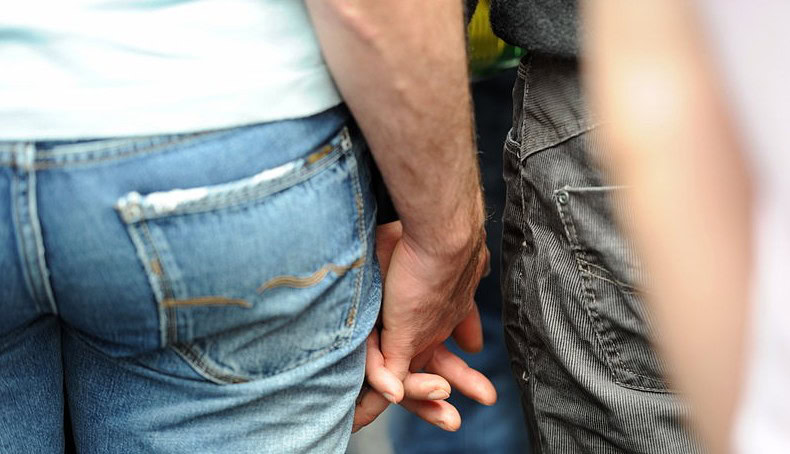
IN 1987 a grim reaper graced the television screens of Australia for a few short weeks. I was less than a year old.
When talking to people who are old enough to remember the ad they are always surprised when I tell them that it only ran for three weeks. Such is the ad’s cultural and memorial resonance in Australian society. Obviously I can’t remember seeing the ads personally, but I remember from an early age being afraid of AIDS.
This fear did not soften with age as others did. The dark, dogs and waves at the beach no longer ignite hot sparks of panic deep in my chest but even now, at 27, HIV sometimes still does. I remember my first sexual health test at the Melbourne Sexual Health Centre as a 20-year-old undergraduate. I had spent the previous night in a tearful state, vacillating from panicky despair to morose resignation and back again, so convinced that I “had something” (and in my naiveté “something” was tantamount to AIDS). The “symptom” that sparked this catastrophe turned out to be nothing more than an ingrown hair.
From then on I was hyper-vigilant — my brush with death may have been nothing of the sort, but I vowed never to experience such fear again. This of course was (and remains) an unrealistic goal. There have been slips, breakages and unspoken assumptions too awkward to explicitly clarify; a confluence of varying factors that have led to several instances of potential exposure. So far none of these have resulted in my contracting HIV. What I now know is that my currently-negative status is less to do with that panicked vigilance than it is to do with luck and living in a country with relatively excellent healthcare and HIV and AIDS policies. That “luck” is the main deciding factor in this sometimes hard-to-swallow pill, but patting myself on the back for being HIV-negative would be akin to congratulating myself for being born white and privileged: short-sighted, conceited and morally repugnant.
One night, a couple of weeks after having a conversation about “getting serious”, the guy I am seeing and I were lying in bed, post-coital and loved up. He looked pensive and I asked him if anything was up, assuming he was probably just tired. He looked at me and said “remember how you said you wanted to us to be more serious?”
“Here we go”, I thought, readying myself for rejection. He was 22, gorgeous and with a disarming confidence that could kindle the most sere and jaded of hearts. And there I was, five years older than him, losing shape due to my new job in an office, in love and not very good at hiding it: I was about to get dumped.
Instead, he told me that he was HIV-positive.
I didn’t cry until the next day when emerging out of a baffled daze, what he’d said suddenly clarified. My initial reaction had been to kiss him, and hug him and then kiss him again, almost desperately. I now understand the ritual of a parent’s offer to “kiss better” a child’s scraped knee or jammed finger — it is not so much for the sake of the child but of the parent. It is a tacit admittance of their limited capacity to protect their child and keep it safe, it is simultaneously an act of love and disavowal in the face of one’s own limited power to protect those we hold closest.
The grim reaper — whose spectre has haunted me with the niggling fears and doubts that arise in that anxious gap of time between test and result, as it must do for all gay men at some point — was now materialised before me, shrouding the beautiful figure of the man I am in love with, threatening to snatch him away from me. It is a shame that this needs saying, and that it does indicates just how far we have to go in terms of the powerful stigma that is still attached to HIV — but I was “okay” with him being positive.
I didn’t freak out, I didn’t get angry or leave or accuse him of deceit or putting me in danger, as I suspect he probably feared I would. We only had safe sex and he quickly explained that he was on effective treatment and had an undetectable viral load. Having written several essays on Australia’s HIV policy while at university, I was relatively well-informed and knew that his decision to not disclose before we had sex had not put me at any greater risk than what any gay man exposes himself to when he hooks up with someone he’s met on Grindr or a night out.
It is odd that, given my vigilance — my hyper-awareness of the apparent “dangers” of gay sex, regular sexual health tests and conversations with sexual health doctors — that up until this point I had not even considered the possibility of being with someone who was HIV positive. I had naively assumed, as so many others have and do, that I had never slept with anyone who was positive. This is perhaps based on a subconscious belief that you’d be able to tell, to spot “it” beforehand, or that they’d be branded for the purpose of quarantine — those irresponsible few that “get themselves infected”.
The reality is that the difference between myself and my boyfriend, the thing that separates us and renders our relationship “discordant”, is luck and nothing more.
I am still afraid of contracting HIV, even though I am now more familiar with the practical realities of living with it in Australia. Occasionally, in the warm darkness of his bedroom my boyfriend and I are joined by another; a shadow that flits across the wall and I see a glimpse of a bony hand, reaching out to grab at me; to seal my fate in a cold and skeletal embrace. But like my fear of the dark — which occasionally returns to me in hazy instances when I wake suddenly, unsure of my whereabouts — this fear is a phantom, a spectre composed of shadows and imagination.
Being HIV positive in Australia, while no laughing matter, is less dangerous than being a smoker, or diabetic. But these facts of medicine have not translated into a better understanding of the disease at large — neither within the gay community nor more broadly. While the medical consequences of HIV have reduced dramatically, the social burden of being positive still carries with it a terrible weight of death.
I will on occasion still get teary when I think about my boyfriend’s positive status. I don’t want him to be positive, but I know that it is okay that he is. I know I can’t kiss it better, and what’s more I understand that I don’t have to, but every now and then I’ll still try.
*The author’s name has been changed for privacy reasons




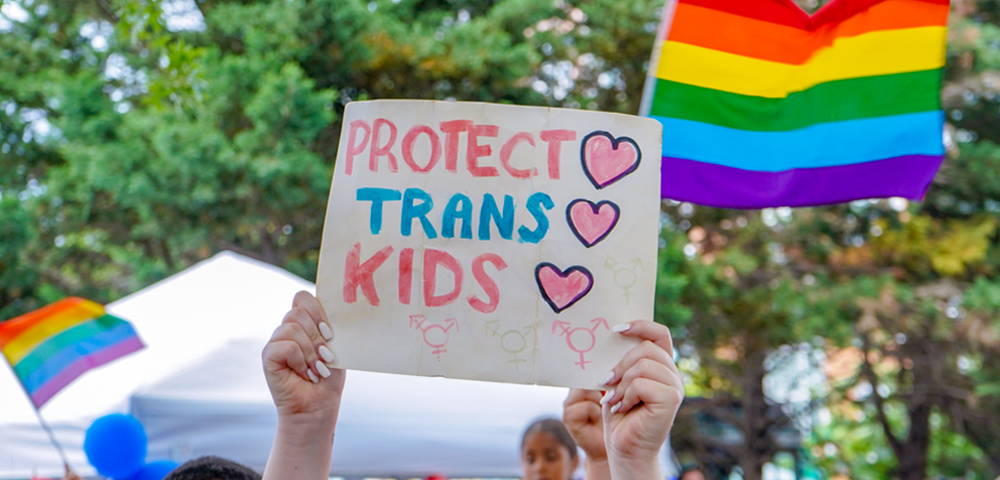

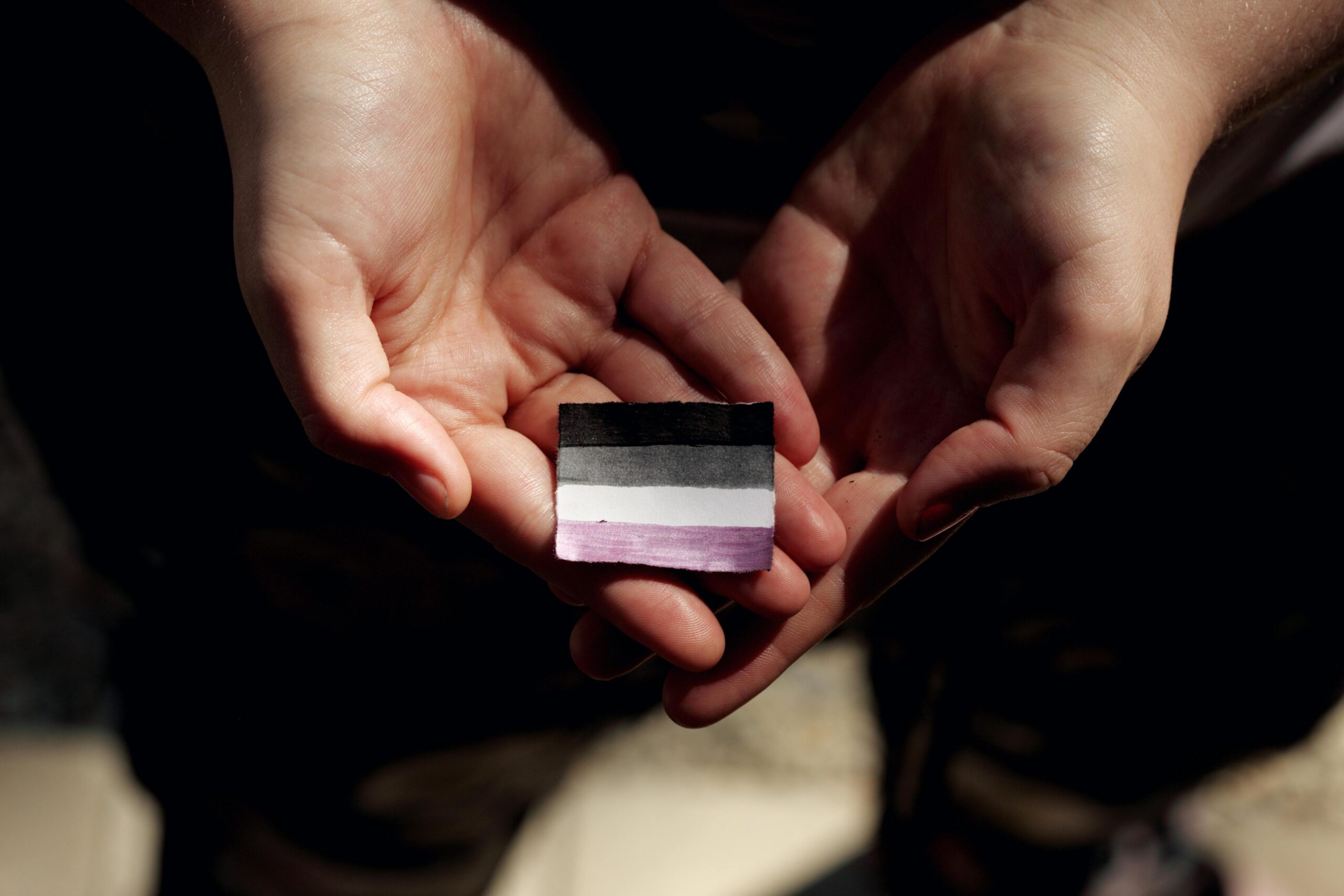
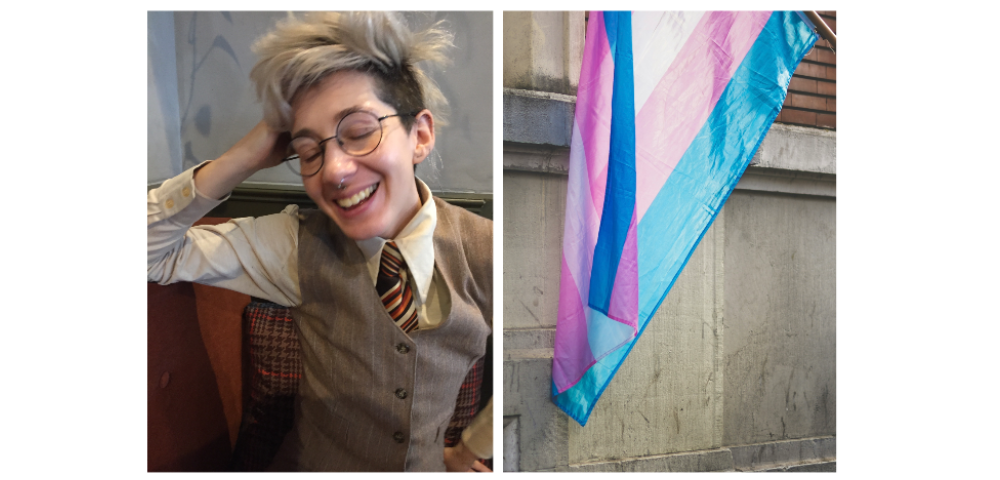
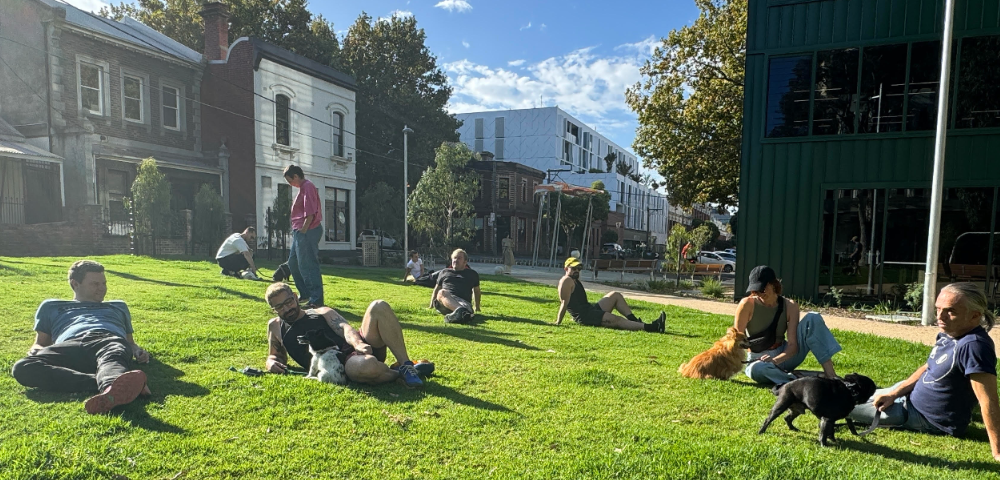
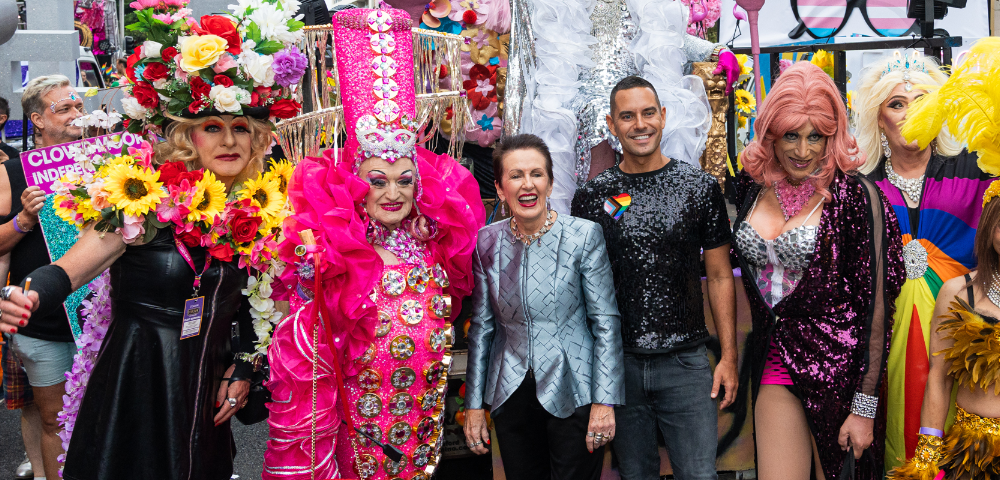
What’s Happening i am new to this, I stumbled upon this I’ve discovered It positively helpful and it has aided me out loads.
I hope to give a contribution & help different customers like its helped
me. Good job.